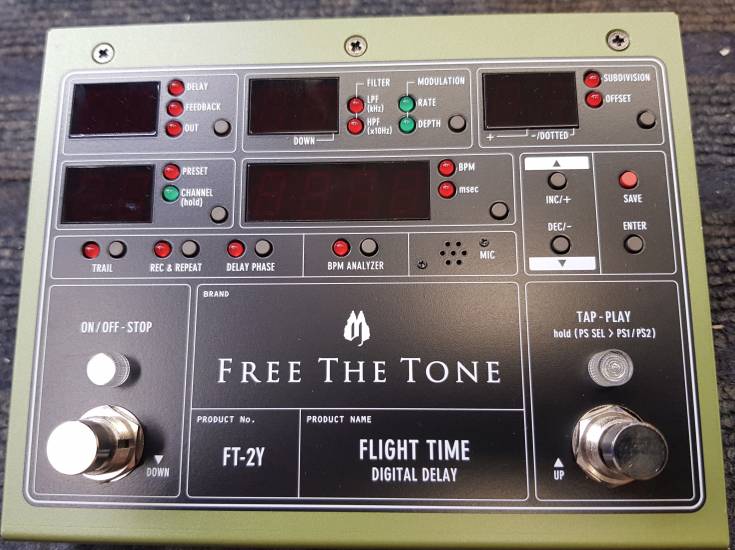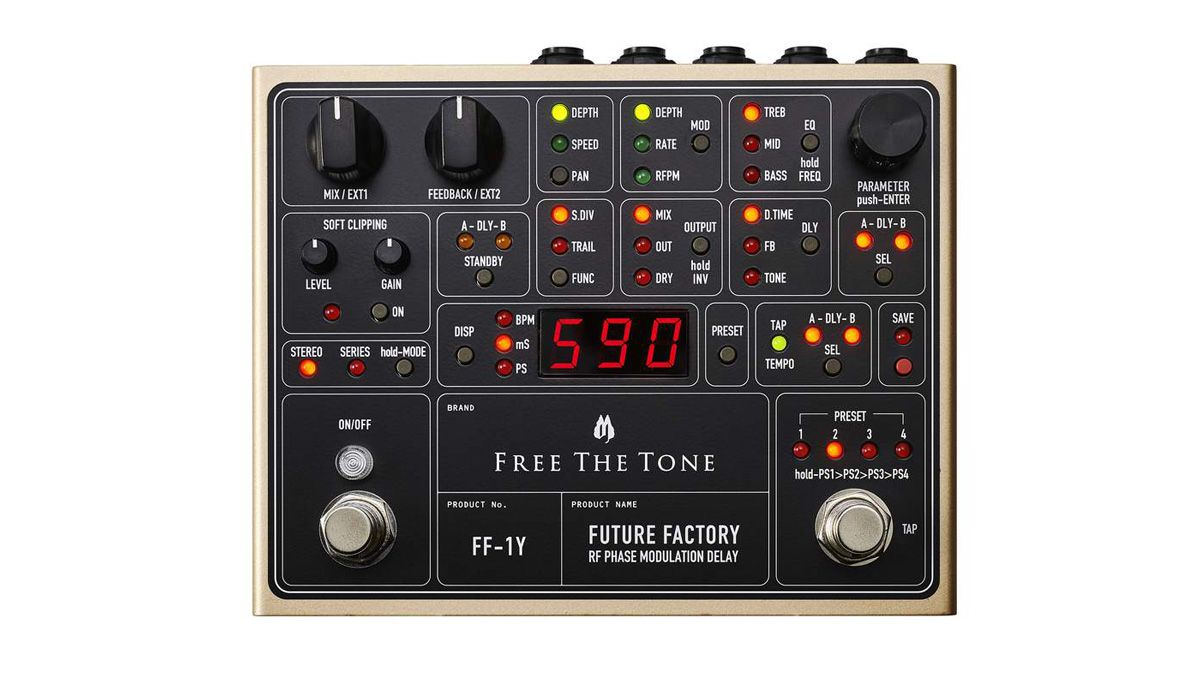

With binary (digital) there is a disconnect because of conversion process, and even though it's nearly imperceptable at this point, it's still there and always will be to some extent, due to the nature of the technology. There's no disconnect between the start to the end of the chain plus electical backflow/resonance and heat come into play too. Analog's "magic" is the uninterrpted, synergistic, bio-feedback effect. How well it functions and performs has two aspects factually based performance and functions, and opinion based performance. They are both analog in the respect of manipulating electricity. They're both manipulating electricity and components but using different methods. It just depends on the intended result or functionality intended which is better. The answer to digital vs analog being better is: yes. That binary aspect is just really a set of imprinted static electricity on a medium (like a chip/drive) that tells a machine or circuit how to pulse, more or less. It's just a different form of wave and modulation circuit that's called "digital" because of the binary aspect. Digital is actually a sort of subcategory to analog. Please subscribe to our channel.- If you really think hard about it, analog is all there really is.

Short story, there is no best, and there is definitely no king. So for anyone looking for a straight a simple 'which is best?' conclusion, this behemoth of a show should at least shine some light down the path of a way forwards. Regular viewers of TPS will know that there really are no answers, only better questions. We think we just heard a cat among some pigeons! Let us begin by asking who proclaimed the TimeLine as king in the first place, before moving on to discuss the merits of such a mega machine compared with simpler, more humble delays.

Welcome to That Pedal Show! Please subscribe to our channel and visit our store Nearing its 10th birthday, we compare Strymon's genre-defining stompbox delay with our favourite contenders


 0 kommentar(er)
0 kommentar(er)
